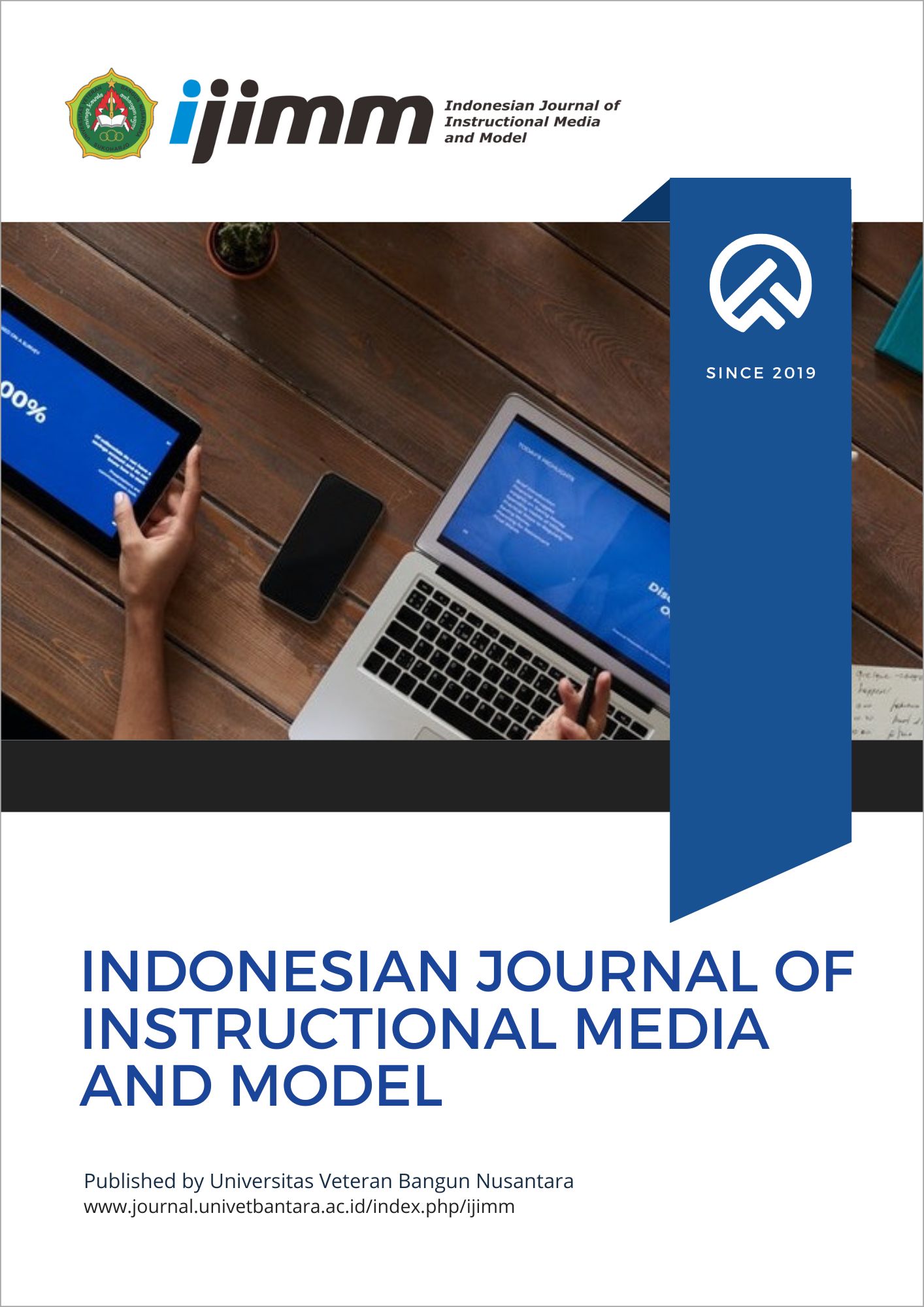The Role of Expression Card Media in Supporting Emotion Recognition in Late Adolescents with Intellectual Disabilities
DOI:
https://doi.org/10.32585/ijimm.v7i1.6613Abstract
The ability to recognize and express emotions is often a critical issue that hinders social participation and quality of life among young people with intellectual disabilities (IDs). The purpose of this study was to examine the role of expression cards in supporting emotional recognition in late adolescents, focusing on the effectiveness of the intervention and participants' perceptions of use. Design This was a single-group quasi-experimental, test-retest study to investigate the effectiveness of expression cards in improving emotion recognition in late adolescents with mild to moderate intellectual disabilities. A total of 35 participants aged 16 to 21 years old. Quantitative data were analyzed using paired sample t-tests to compare pretest and posttest scores, while ANCOVA was used to control for potential covariates such as age, gender, and baseline cognitive function. The use of expression cards significantly improved emotion recognition skills in late adolescents with mild to moderate intellectual disabilities. From an emotional developmental perspective, the use of expression cards supports the stages of affective development by providing a visual aid that helps individuals recognize and express emotions more effectively
Downloads
Downloads
Published
How to Cite
Issue
Section
License
Copyright (c) 2025 Devi Dwi Oktantri, Rosika Megawasearie, Sugihartatik

This work is licensed under a Creative Commons Attribution-ShareAlike 4.0 International License.
Authors who publish with the Indonesian Journal of Instructional Media and Model agree to the following terms:
- Authors retain copyright and grant the journal the right of first publication with the work simultaneously licensed under a Creative Commons Attribution License (CC BY-SA 4.0) that allows others to share the work with an acknowledgment of the work's authorship and initial publication in this journal.
- Authors are able to enter into separate, additional contractual arrangements for the non-exclusive distribution of the journal's published version of the work (e.g., post it to an institutional repository or publish it in a book), with an acknowledgment of its initial publication in this journal.
- Authors are permitted and encouraged to post their work online (e.g., in institutional repositories or on their website) prior to and during the submission process, as it can lead to productive exchanges, as well as earlier and greater citation of published work.





